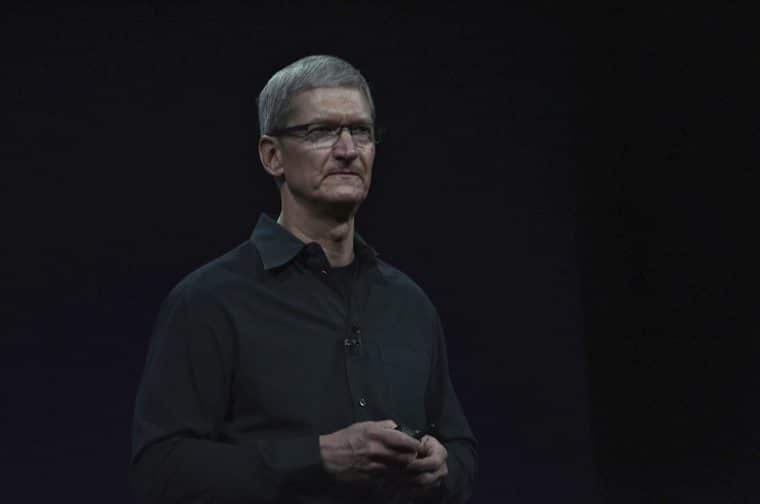
The Digital Markets Act (DMA), a recently approved law from the European Commission that aims to rein on big tech corporations, will start to be enforced by countries within the economic bloc soon and these companies are not happy about it.
Starting on 1 November, the bill will come into full force and will target some of the most controversial practices adopted by large tech conglomerates including Apple (AAPL), Alphabet, and Meta Platforms (META).
A Closer Look at the New Rules Included in the Digital Markets Act
Some of the rules imposed by the legislation regulate how these firms collect payments from their users, restrict the use of third-party apps, share data with competitors, and allow users to take control of their data.
When it comes to payments, the Digital Markets Act forces the owners of app marketplaces – i.e. Apple and Google – to ease or eliminate their restrictions on using third-party payment gateways.
This measure is detrimental to the interest of both companies as their business model relies on this restriction to monopolize the market and charge hefty commissions of up to 30% of all in-app purchases and subscriptions. Developers of mobile apps have complained for years about these elevated commissions and have been asking regulators from all across the world to do something about it.
In addition, the regulation is looking to eliminate the barriers imposed by the companies that develop the operating systems that power most mobile devices – i.e. Android and iOS – so users can install software that they have downloaded from other sources instead of having to resort to their respective app stores exclusively for this purpose.
“If you have an iPhone, you should be able to download apps not just from the App Store but from other app stores or from the Internet”, commented Gerard de Graaf, one of the EU legislators who helped pass this bill.
Moreover, the DMA also promoted the interoperability of systems including messaging apps such as WhatsApp and Telegram, which are being prompted to create APIs that allow users to use any platform they like to send messages to other people despite which app they opt to install.
Data sharing and privacy controls are also part of the scope and reach of this new law as vendors are being prompted to disclose the specific data that they collect and how they use it to target customers.
In regards to these rules, Andreas Schwab, a member of the EU Parliament, commented: “App developers will get completely new opportunities, small businesses will get more access to business-relevant data, and the online advertising market will become fairer”.
Moreover, users should be able to choose what kind of data they would like to disclose and to what end so they can have more control over their privacy.
Apple and Google Show Discontent, Analysts Say That’s Good
In regards to the DMA, Tim Cook, the Chief Executive Officer of Apple, commented the following during a recent conference:
“Proponents of these regulations argue that no harm would be done by giving people a choice… But taking away a more secure option will leave users with less choice, not more”.
In a separate statement, Apple said that the rules imposed by the DMA create “unnecessary privacy and security vulnerabilities for our users”. Moreover, Alphabet (GOOG) – the parent company of Google – commented that the rules “reduce innovation and the choice available to Europeans”.
Some analysts have argued that his pushback from the large tech firms affected by the legislation is an indication that regulators are on the right track to creating a fairer environment for all parties involved.
Other countries including South Korea and India have also been pushing forward on similar legislative initiatives, especially when it comes to the unparalleled dominance that companies like Apple and Google have on the mobile app market.
Other Related Articles: